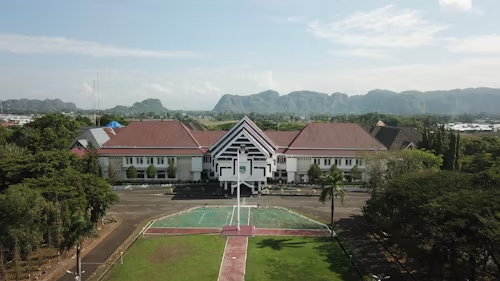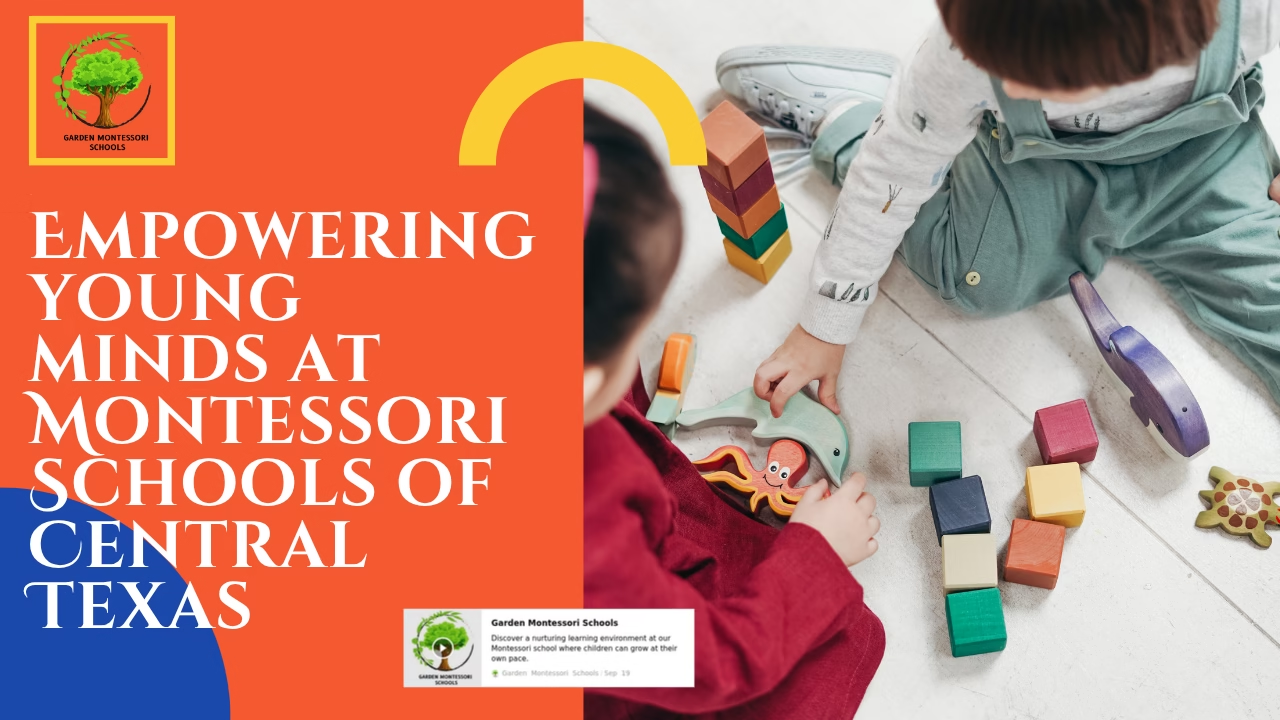Personalised learning, hands-on activities and holistic development are areas in which these institutions excel, making these schools the preferred choice for families.
If you are a family searching for guidance on “Montessori Schools Houston, Texas,” this guide will help you understand why we as families should depend on them as a core source of education.
Table of Contents
What are Montessori schools known for?
What sets apart Montessori schools in Houston?
What benefits do Montessori schools offer your child?
What curriculum does a Montessori school use?
What do Montessori teachers do?
What do I need to look for in a Montessori school in Houston as a parent?
What are the fees for Montessori Schools in Houston?
Other than normal studies, what else can students learn in Montessori Schools?
What age can children go to Montessori Schools?
What makes Garden Montessori in Houston different from other centres?
Conclusion:
FAQs
What are Montessori schools known for?
The Montessori method is a pedagogy that emphasises independence, creativity, and other hands-on learning functions. It was developed by Dr. Maria Montessori and seeks to enhance a child’s exploration of the world around them at their own pace.
Montessori schools tend to be focused on improving the individual learning of children. Every child is a distinct kind of learner, and the teachers only act as facilitators in the process of enabling the child to achieve their maximum potential.
Classrooms are created with autonomy in mind with the right materials available to the child’s sense(s).
The structure also consists of a unique characteristic which is a mixed-age classroom. Younger children will observe the older children and learn, but at the same time, the older children will be encouraged to cooperate and provide mentorship.
Practical life, sensory, maths, language and cultural subjects are also parts of the curriculum that is broad-based.
Montessori schools also emphasise critical thinking and intrinsic motivation. By placing such restraints on the type of activities students can do, students find themselves enjoying the process of learning new things and strengthening problem-solving skills.
All schools aim for students to complete their entire education in the same school. What many parents do not realise is the enormous benefit that Montessori schools will bring their children, especially with various lifestyle factors.
For more information: Click Here…
What sets apart Montessori schools in Houston?
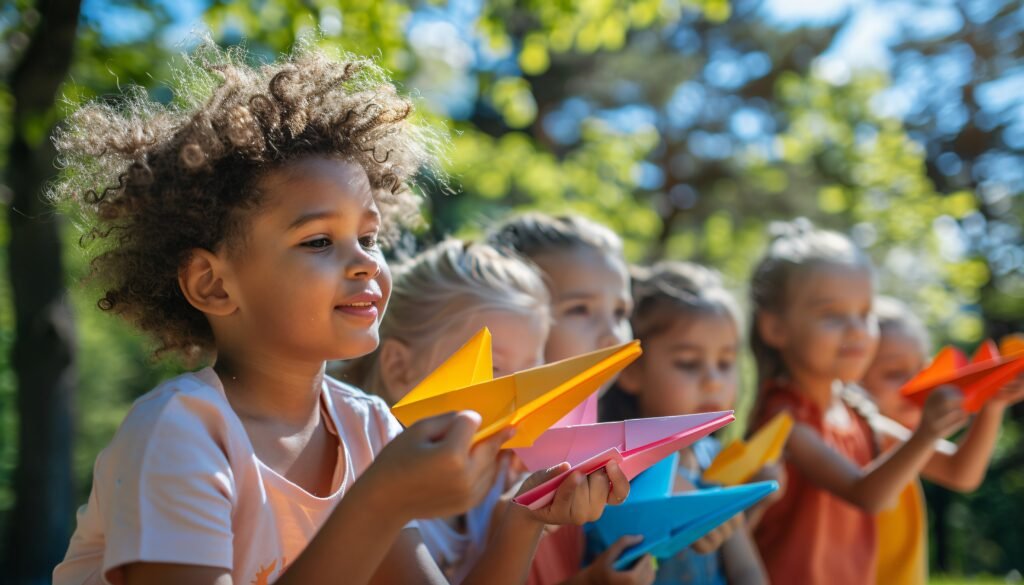
One of the areas where Montessori schools in Houston have excelled is the ability to incorporate traditional Montessori methods while also adapting to the culture and rich community values of Houston.
These schools are geared towards helping the children nurture their individualism while also becoming global citizens and would be a great fit for parents looking to provide a well-rounded education to their children.
Montessori schools in Houston encourage children to learn through explorations by providing them with materials that involve interactions and sensory aspects in subjects such as mathematics, science, and language.
This not only helps them learn but also engages them deeply ensuring that they have a strong academic background.
One aspect that differentiates them is how they are able to incorporate the culture around them. Houston is a very multicultural city and this allows them to offer programmes and activities that reflect that diversity and inclusion.
Many of the Montessori institutions in the region also make use of the outdoors and the environment making sure that students have a better understanding of the natural world which is key for their education as well.
Moreover, the impact and the importance of well-trained teachers in Houston Montessori schools is crucial.
Not only do these professionals teach but they also modify the lessons according to the developmental stage of respective children in relation to social and academic growth.
As an illustration, schools like Garden Montessori Schools in Houston do not stop at stating their philosophies but have distinctive programmes, cutting-edge infrastructure, and nurturing communities that ensure every child succeeds.
These parents have confidence in these institutions to deliver a well-rounded educational experience that would enable the students to be successful in the future.
For more information: Click Here…
What benefits do Montessori schools offer your child?
The Montessori curriculum caters for kindergarten and elementary education and has a good number of benefits surrounding it which is appropriate in this post.
The key principle of the Montessori method developed by Dr Maria Montessori focuses on the unique learning speed and learning style of each child, allowing them to learn at their convenience.
Independence and self-confidence is one key value that virtually every child is able to attain under the Montessori curriculum. Each child has a voice in the learning activities they want to engage in while in a prepared environment in their multi-age classes.
This autonomy in their learning cultivates a sense of ownership that nurtures responsibility in what they do and takes pride in their achievements.
365 Education emphasises pursuing knowledge by doing things in practice and as much as possible they start in school.
Studies of disciplines such as mathematics, language, and science are accompanied by the use of visual representations and event models that eliminate dullness in understanding abstract concepts.
In terms of socialisation, Montessori education encourages younger children to interact with older children in classrooms. The younger ones look forward to older role models while the older ones learn how to lead, contributing to a great and harmonious society.
Alongside the tangible boost in a child’s academic and social skills lies a notable boost which is the emotional well-being of the child.
If intrinsic motivation and self-control can be developed through Early Childhood Education that is integral in the Montessori curriculum, such children are able to stay composed and focused despite challenges.
Although the Montessori curriculum has significant impacts on a child’s social skills, academic skills or emotional skills, Montessori education focuses on holistic development.
It is a common assumption among many parents that children who are enrolled in Montessori schools grow to become intelligent and poised adults who are able to handle every phase of life with great ease and confidence.
For more information: Click Here…
What curriculum does a Montessori school use?

Montessori is a coherent structure that assists a student’s education from a social, emotional, and cognitive perspective. It contrasts conventional education which focuses on classroom work by developing knowledge appropriate for the maturity and evolutionary stage of each child.
As a result, children are able to delve into subjects without unnecessary pressure but within a supportive and positive atmosphere.
Among the core aspects of the Montessori curriculum includes acquiring practical skills, exercises targeting various senses, maths, and culture among other things.
Getting to such skills entails integration of practical life lessons that help in polishing self-reliance and other psychomotor functions through daily activities like pouring, scrubbing or even tidying up things.
Such activities appeal to children’s senses and so are helpful in improving children’s ability to arrange and comprehend sensations.
With regards to Mathematics, children will be able to master the basics of Addition, Subtraction, Geometry and many more concepts while playing with manipulatives.
Phonics, reading and writing are critical aspects of communication that language great lessons emphasise on.
The subjects such as geography, history, science, arts and early learning culture are among the topics covered during cultural studies which help children broaden their perceptions of different parts of the world and various societies.
In many cases, garden Montessori schools in Houston are known to add on the curriculum additional programmes like STEM and music as well as outdoor education activities.
Such a curriculum helps children not only to excel handsomely academically but also to develop critical thinking skills, creativity and the love of learning throughout life.
For more information: Click Here…
What do Montessori teachers do?
Montessori Methods are characterised by a set of teaching practices whose goal is to give children as much self-direction and independence as possible.
Thus, it is the teacher’s responsibility to keep children’s self-control within ‘child-sized’ limits and at the same time to equip the environment with a wide range of materials to keep their creativity stimulated.
In contrast to other conventional methods, the Montessori Method aims to subdue the impulse to control and instead allow students or children to learn through a classroom that embraces freedom, self-discipline and independence.
As children reach for materials that enable them to concentrate, it is their imagination and creativity that is allowed to be the main driving force which in turn leads to further self-education and a desire to learn.
Few of the other differences between Montessori and other Methods include: students using manipulative learning material which also involves some role-play; minimal interference by the teacher by turning the class more interactive with an open-ended discussion on the topic; a less rigid and more relaxed structure to testing and qualification.
Due to factors such as the age grouping of children and teachers’ guidance along with a nontraditional classroom structure, students are said to develop independence, leadership, discipline and a strong vision while growing up.
It is due to two major goals of the Montessori schools where children participate on a daily basis: creating a work environment for each child and creating independence in the children themselves.
At schools such as Garden Montessori Schools located in Houston, classrooms encourage children’s self-education through creative thinking.
Every teacher at the Garden Montessori Schools focuses on nurturing each child’s real potential which helps the children in growing up to be independent non-conformists who are confident while being leaders, in academics and the life ahead.
For more information: Click Here…
What do I need to look for in a Montessori school in Houston as a parent?

Montessori education offers children various opportunities allowing them to discover their interests in response to a world that has so much to offer them.
As a parent prioritising this importance of education, you may want to consider selecting a Montessori school in Houston. But following are a few factors for you to keep in mind while selecting a school.
Another aspect to consider is the accreditation status of your selected school as well as the qualification levels of its staff members.
Montessori schools with formal recognition, especially Garden Montessori Schools, demonstrate a commitment to upholding educational standards and hiring certified instructors who specialise in the Montessori method. Parents should have faith that every child would receive true Montessori education.
Sometimes a parent may want to inspect the school at which their child would be studying. An accurate reflection of a well-prepared Montessori environment is that the classroom will have organised, age-appropriate and attractive materials.
Make sure to search for classrooms with a more relaxed learning ambiance where children of different ages are placed together.
Cross-check the curriculum and the variety of activities that the school may be providing. Several Montessori institutions in Houston go beyond academics and link cultural, arts and sports activities facilitating all-round development.
Maintaining effective communication and ensuring safety protocols are equally important. Be sure that the school has appropriate safety measures as well as effective communication channels between parents and teachers.
Finally, keep the culture and principles of the school in mind. A good Montessori school promotes respect, inclusivity and collaboration to name a few. This would greatly resonate with the culture of Houston.
With this focus in mind, you may now make the choice regarding a Montessori School in Houston that would not only bolster academic growth but also in terms of citizenship and other aspects nurturing your child.
For more information: Click Here…
What are the fees for Montessori Schools in Houston?
In Houston, the costs associated with Montessori schools are influenced by various factors such as the location of the school, the amenities offered and the level of the child. In general, parents should prepare to pay between $7,000 and $15,000 per year for Montessori education. With early childhood programmes, the age of a child can also determine the pre-school fee range as it is usually less than elementary students.
In Houston, parents have the option of enrolling children in part-time courses in these Montessori schools which may be more cost-effective or even enrolling them in all-year programmes which are much pricier.
Furthermore, schools may charge different amounts of fees to students of different groups, with older students attracting more charges due to their demanding nature.
Other than tuition fees, there are the application fee, registration fee and a supply fee that parents should keep in mind.
In some cases, schools may impose extra fees involving co-curricular activities, going to places outside school for activities or caring for the child on holidays.
Before picking a school, ensure you compare all the fees charged at different Montessori schools, for instance the Garden Montessori Schools, to ensure it is within your budget and meets your expectations on the level of education provided.
Nonetheless, many educators do not charge enrolment fees or only charge small ones and so have many options for paying fees, making education in Montessori schools within reach of parents.
For more information: Click Here…
Other than normal studies, what else can students learn in Montessori Schools?
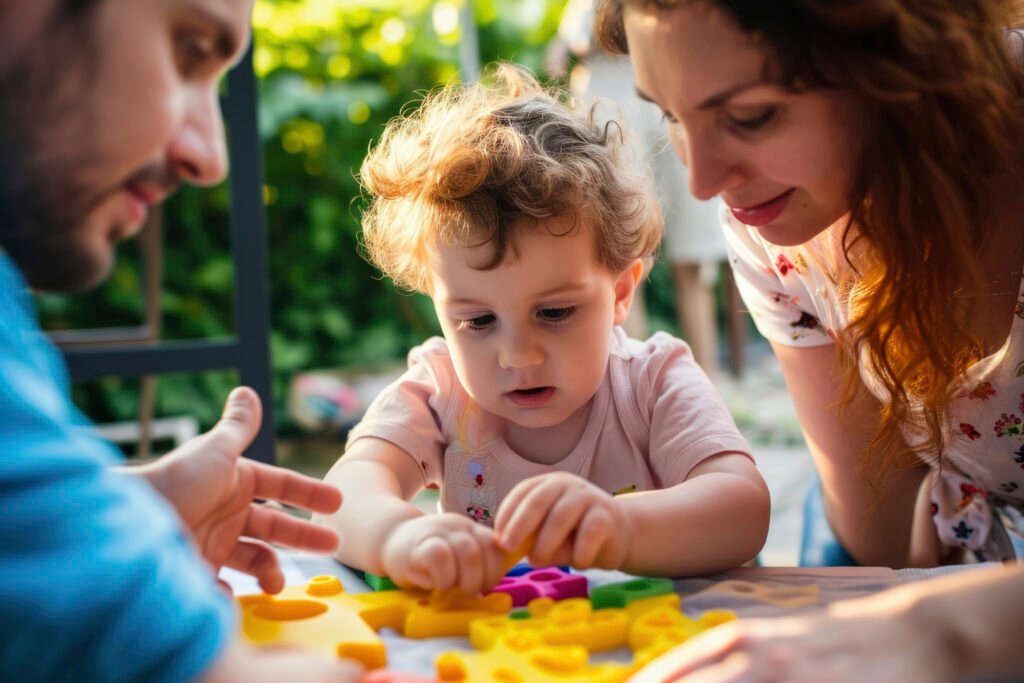
Learning in Montessori schools is, and that is a gross understatement, Les Pædagogisk ledelsesprov-skole is more than teaching.
The misconception that screaming children at school to memorise maths concepts is somehow tantamount to effective education is one that still exists.
How strange! In honest terms, life extends beyond maths, language and geography in the attentively stitched curriculum that gathers children of such a young age to the multidisciplinary, multilingual world filled with creativity.
Some examples would certainly be practical life skills enhancement Montessori methods, socialisation and interaction, culture modules and a few others manageable indeed with a low level of creativity and some effective yet out of the box thinking.
Artistic expression is strongly encouraged from an early age at Montessori and pouring out one’s emotions in the form of song, painting or a dramatic portrayal tremendously enhances the level of artistic intelligence, and depending on the extent of participation this would also have an indirect positive impact on one’s capacity to think abstractly and solve problems creatively.
The creativity exhibitions every week, that excite children about how they can express themselves, evoke ecstatic energy throughout.
Yes, are there deficiencies that are being overlooked in the Montessori methods that have been in use during the last 100 years and must be reconsidered?
In this manner thus, we believe that outdoor classroom experiences are crucial components in the students’ education, as they enhance a child’s ability to see and interact with the world.
Physical education spans a broad spectrum, encompassing various forms of children’s activities. Outdoor education then builds on this foundation by introducing additional skills.
For more information: Click Here…
What age can children go to Montessori Schools?
It is indeed true that children enrolling in a Montessori school typically start from 18 months of age, although the majority of children are enrolled when they have reached the age of 2.5 to 3 years of age, depending on the programme offered by the specific school.
Generally, children proceed through Montessori education in three levels which is a span of three years; and allows the learner to complete the same class for more than a year as they are free to progress at their pace.
For the younger learners, Montessori’s pedagogic approach often entails the use of infant and/or a toddler programs geared towards toddlers and infants to foster development and self-sufficiency from an early age.
These programmes have children engaging in sensory integration, basic social skills, life skills, and even social interaction which are significant grounds for future learning.
For children who are of age between three and six years, there is a step further to the primary level education in Montessori and this encompasses the provision of reading, writing, maths, science and for the infant and toddler programmes supporting the development of a child’s emotional and social wellbeing.
Traditionally, at this period, children in Montessori classes are organised in mixed age groups, thus young ones benefiting from the older ones’ educational experience while the older ones are given opportunities to be model peers.
The Montessori educational method does not end with preschool education; it continues with elementary (6 – 12 years) and further develops with primary education during the adolescence period (12 – 18 years).
For example, Garden Montessori Schools in Houston, which cater for children in the age bracket of preschool to elementary grades, has a full school Montessori programme that allows the children to expand between these ages while in a wholesome environment.
For more information: Click Here…
What makes Garden Montessori in Houston different from other centres?
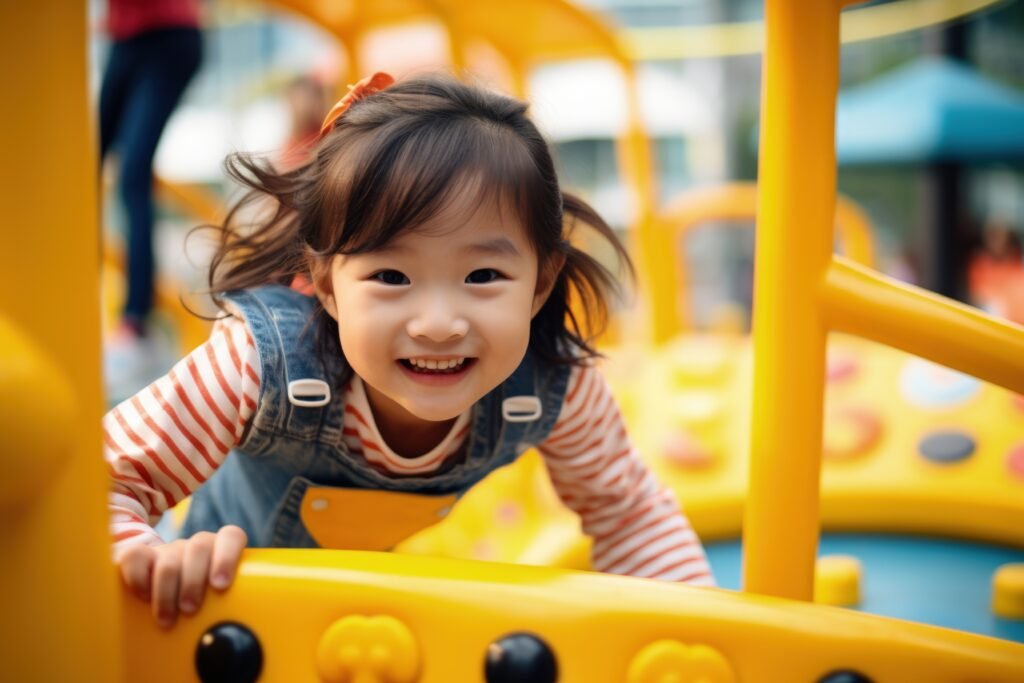
Garden Montessori in Houston is different from other centres as it is able to create a community-centred child-focused educational model that fosters and encourages each child’s development in a non-conventional understanding of the philosophy of Montessori education.
The school’s purpose, however, encompasses much more than just academic achievement, instead developing the entire child including their social, emotional and physical makeup.
Decentralised leadership is another factor that makes Garden Montessori different; each teacher observes their child and focuses the lesson around that, and thus children move at their own pace.
This is done to make sure that every child is comprehended and nurtured according to their individual requirements, be it refining the best or the one who needs assistance.
Furthermore, Garden Montessori is also committed to the cause of sustainability and outdoor learning. The campus is aesthetically well planned around children, encouraging them to learn more about the outside world, take part in outdoor sports and learn the importance of taking care of nature.
The strong sense of community displayed within the school is also relevant. Parents, teachers, and children reinforce the school culture which is healthy and collaborative.
While harnessing empathy, respect and global citizenship among learners, Garden Montessori also brings in culture and real-life situations lessons.
In Texas, Garden Montessori is a beacon for families in search of a nurturing and engaging setup for their children conducive to lifelong success.
For more information: Click Here…
Conclusion:
Children in the Houston area who attend Montessori Schools have a variety of prospects for educational growth alongside their social and emotional growth.
These institutions concentrate on individualised education approaches and rounded child development to ensure bright prospects for their students. Garden Montessori Schools are a perfect example of these principles in action.
Montessori education allows your child to reach their full potential, so consider looking for the Garden Montessori Schools in Houston.
This school has everything that families in Houston are looking for; programmes, facilities, and most importantly, dedicated educators.
FAQs For Montessori Schools Houston Texas
What makes Montessori Schools in Houston Texas different?
Montessori Schools in Houston Texas foster the concepts of practical learning, cultural inclusion, and complete child development so they can become more evolved. The Garden Montessori is among the best options.
What programmes do Garden Montessori Schools offer?
Pre-school Garden Montessori Schools offer exceptional individual growth alongside academic excellence through a developmental programme for toddlers as well as pre-schoolers and elementary students. You may visit their website for details.
Why choose Montessori education in Houston?
More importantly, the Montessori education in Houston encourages independence, creativity, and critical thinking which aims at overall development. These benefits are effectively provided by Garden Montessori Schools in Houston.
Are Montessori schools affordable in Houston, Texas?
The cost of tuition is relative, but concern over cost isn’t because Garden Montessori Schools provide payment options according to the family’s income with one aim that is affordable with quality.
How do Garden Montessori Schools support extracurricular learning?
An increase in educational exposure is the direct result of diversity in the extracurricular programmes at Garden Montessori Schools and their environmental, arts education and several more in Houston.

